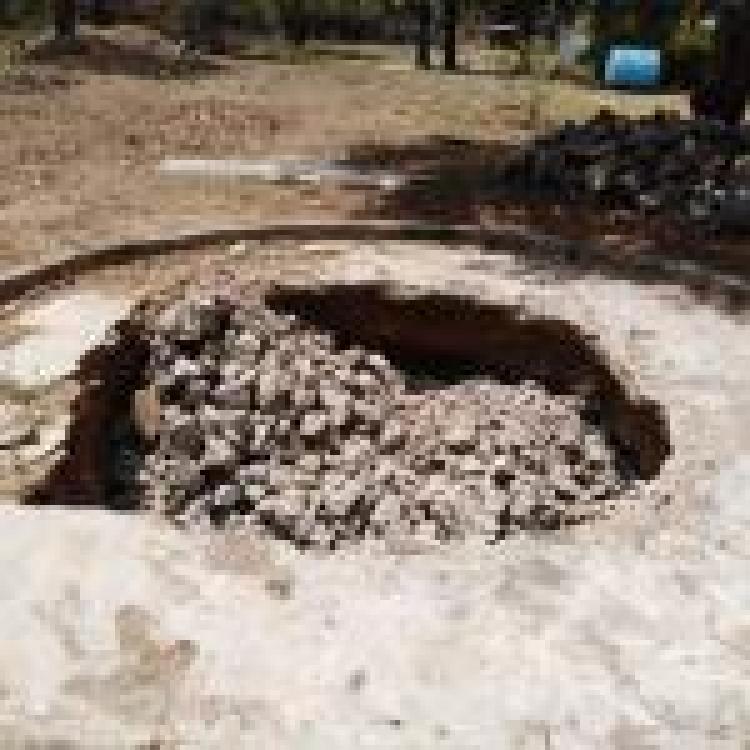Sri Lanka’s wildlife department has taken over crop fields owned by Tamils and declared them as a wildlife sanctuary, despite the owners possessing centuries-old deeds for the lands.
Residents of Kokkuthoduvai, a village of Mullaitivu District bordering Trincomalee have been distressed by the wildlife’s department’s seizing of their fields in Vellai Kalladi, Thimunthal, Kunchukaalveli and Kottaikeni and erecting boards declaring them state-owned sanctuary land.
“In 1984, people of our village were systemically driven out by Sinhalese thugs and the whole village got displaced. Afterwards the Mahaweli ‘L’ zone was created under the name of Weli Oya and 1036 acres of our lands with tanks were seized and given to Sinhalese people,” said Sivalingam, a resident and member of the Karaithuraipattu (Maritimepattu) Divisional Council.
“They have not only seized these irrigated lands, but now the Department of Wildlife Conservation has seized our croplands where we do cultivation by planting boundary markers, putting up boards and imposing several conditions preventing us from cultivating paddy.”
“The Department of Wildlife Conservation’s declared bird sanctuary is in Kokkilai area. But now the Department has come towards our paddy fields which are about 10 kilometres away.”
“In 2012, when we returned to our village 35 years after the displacement, our tanks, namely Aamayankulam, Untharajankulam and Ooradikkulam and the paddy fields served by these tanks were already seized by the Sinhalese people. What would our people do if they seize our croplands too? Where would they go? We are on the brink of displacement and destitution again, more than ten years after the war ended.”
Sri Lanka’s wildlife department and forest department came under fierce criticism in Mullaitivu this week following the drowning of a wild elephant in a residential well. The district’s residents allege that both departments neglect their actual duties towards preserving and caring for the region’s wildlife and jungles, while focusing instead on seizing Tamil lands and aiding the Sinhalisation agenda.

